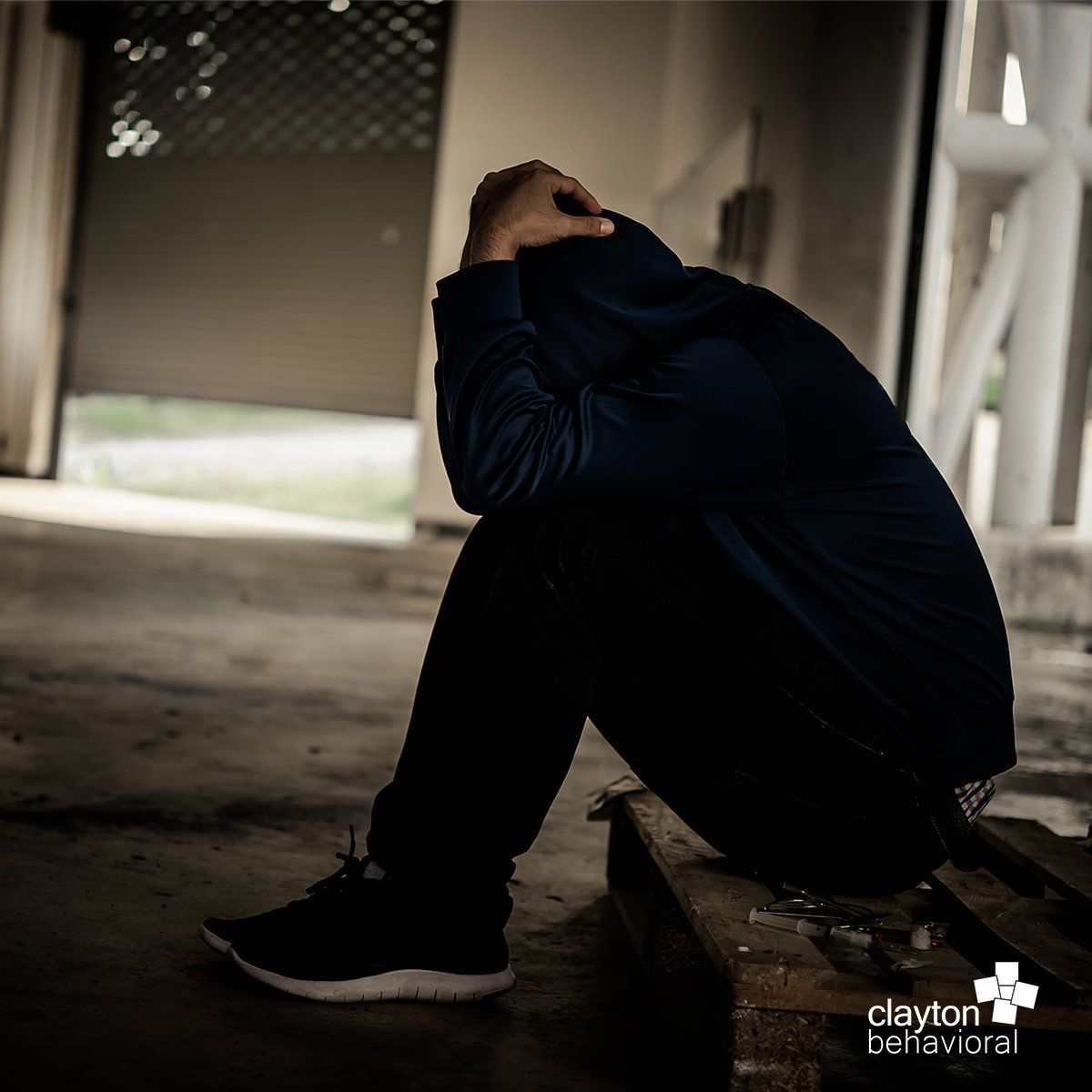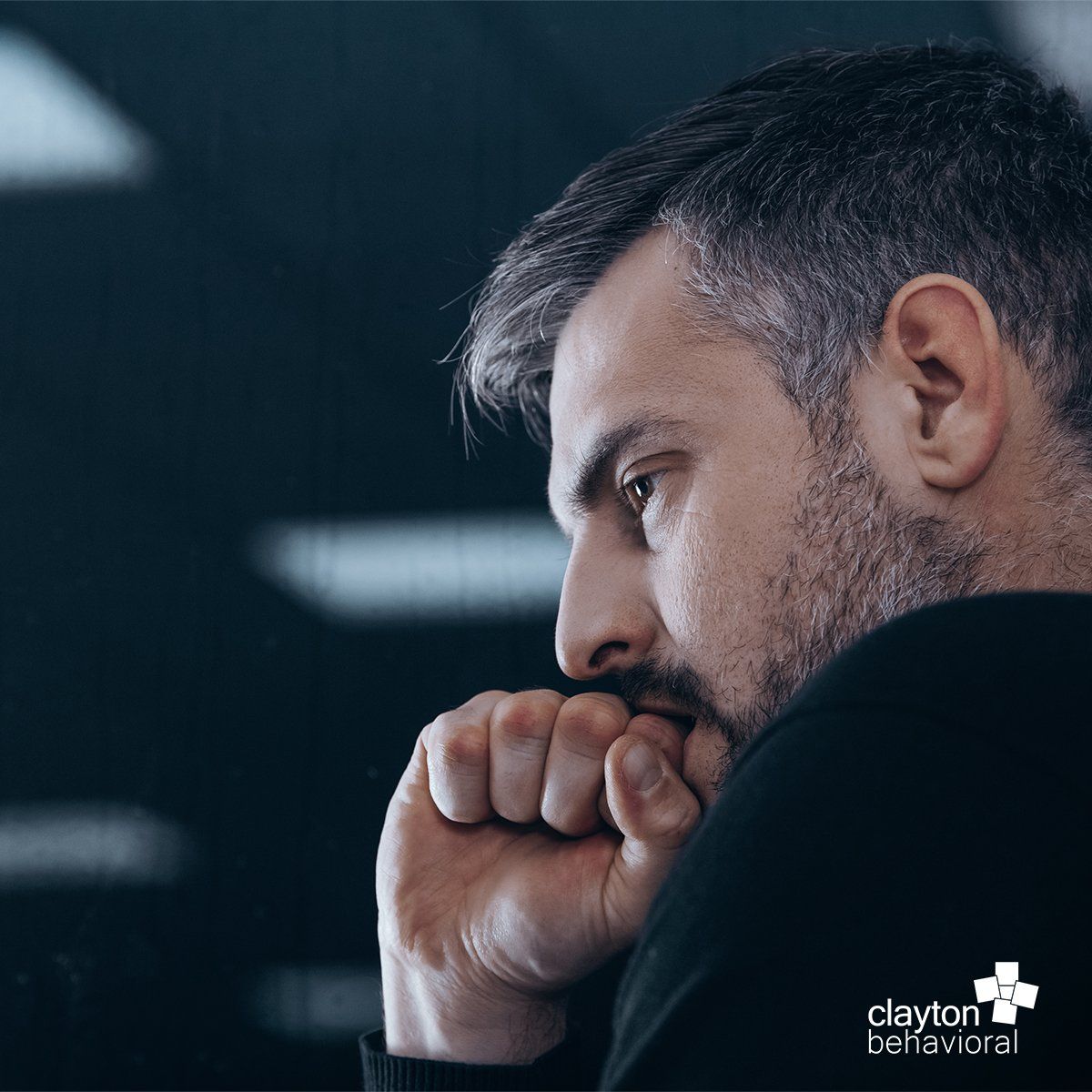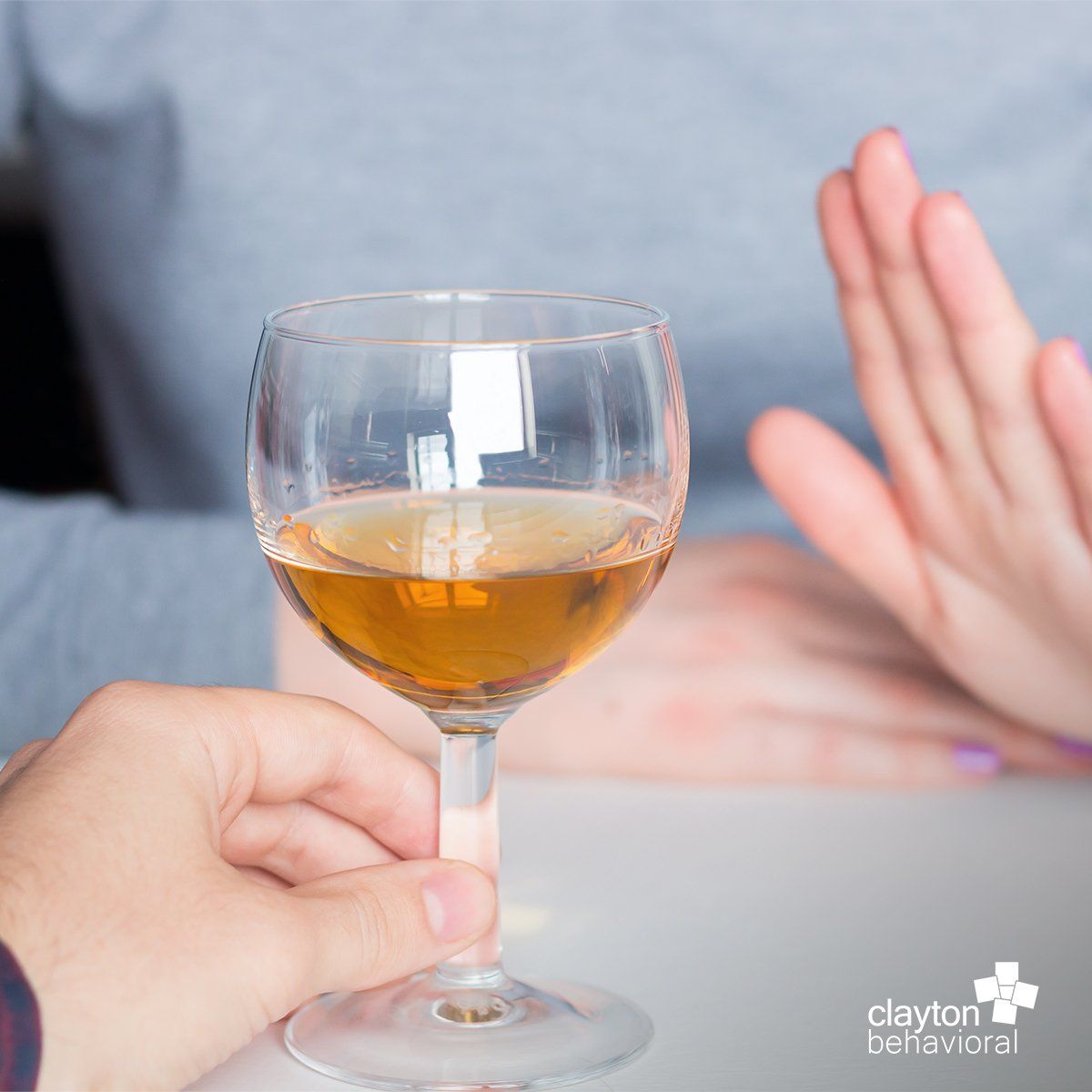What do you fear?

We all hold (sometimes secretly) certain fears or phobias. For these to be of clinical significance, they need to be severe enough to cause impairment in functioning. Clinically, a phobia is a persistent fear of an object or situation in which the sufferer commits to great lengths in avoiding. The fear is typically disproportional to the actual danger posed, and is often recognized as irrational. In the event the phobia cannot be avoided entirely, the sufferer will endure the situation or object with marked distress and significant interference in social or occupational activities
Coulrophobia is the fear of clowns. Astraphobia is the fear of thunder and lightning. Taphophobia is the fear of being placed in a grave while still alive. Xanthophobia is the fear of the color yellow (in chinese tradition, if a general lost a battle, the Emperor would send him a yellow scarf, an imperial order to commit suicide). Triskaidekaphobia is the fear of the number 13. The term nomophobia was recently coined to describe the fear of being out of mobile phone contact
Homophobia or Xenophobia are not real phobias. These terms refer to attitudes and prejudices that involve hate rather than fear. A more proper way of describing hateful beliefs is to use the suffix misia instead of phobia. Homomisia, then, correctly describes the irrational hatred of homosexuality. Iatromisia is, by the way, the intense dislike and hatred of medical doctors and the medical profession.
Phobias can end up being mostly an inconvenience. For example, fear of flying may result in very long car rides. However, they can also be truly debilitating, like social phobia. They are treatable. Often, the best treatment results are obtained with a combination of CBT (Cognitive Behavioral Therapy) and SSRIs (Serotonin-Specific Reuptake Inhibitors: Prozac, Paxil, Zoloft, Lexapro, etc). CBT should be a first-line treatment: after all, fears are often nothing more than stories we tell ourselves.









